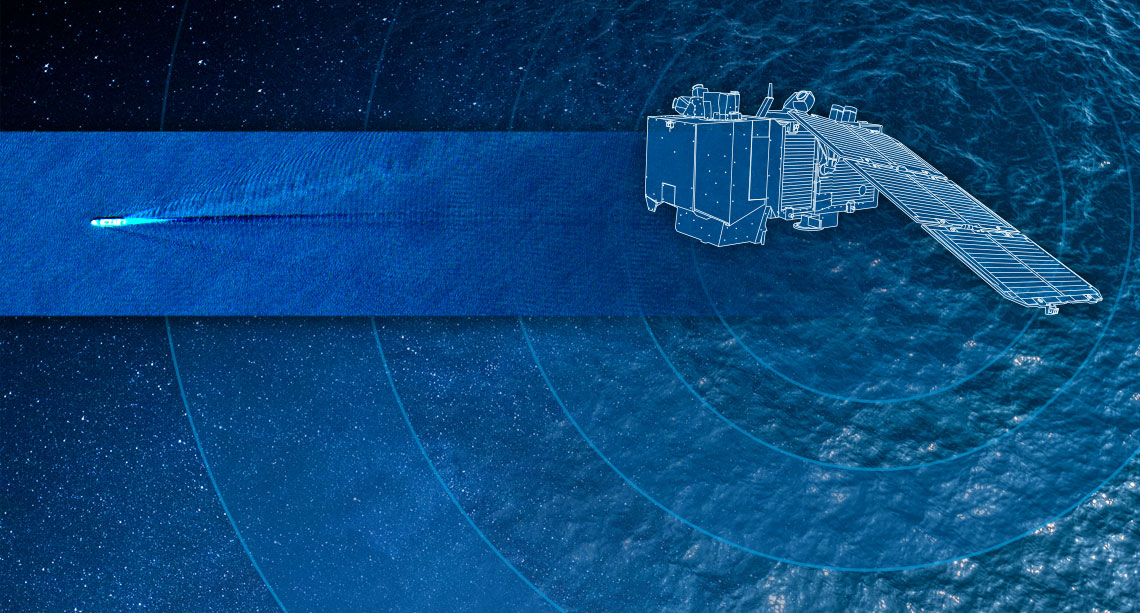Date/Time:
27
Jun
2017
to: 28 Jun 2017
Location:
Esplora Interactive Science Centre
Website:
Go to Website.
Information:
In November 2015, a Summit gathering European and African leaders in Malta outlined the necessity to address migration in a comprehensive manner, adopting the Joint Valletta Action Plan which identifies five clusters to be addressed simultaneously in parallel, dealing with root causes of irregular migration, legal migration, protection of migrants and asylum seekers, smuggling and trafficking of migrants, and return, readmission and reintegration.
Since then, the EU set-up a European Coast Guard, published a Global Strategy for Foreign and Security Policy, and is preparing to re-negotiate its relationship with 79 developing countries. On 26 October 2016, the EU issued its Space Strategy for Europe and signed a Joint Statement with the European Space Agency, which together aim to maximise the integration of space into European society and economy, by increasing the use of space technologies and applications to support public policies.
These together also provide effective solutions to the big societal challenges faced by Europe and the world, strengthening synergies between civilian and security activities in the fields of navigation, communication and observation, including through monitoring borders, land and maritime security conditions.
The 2015 Valletta Action Plan (link http://www.consilium.europa.eu/en/meetings/international-summit/2015/11/ACTION_PLAN_EN_pdf/) foresaw to
“Support resilience, in particular to the benefit of the most vulnerable (..) including through rural development, food and nutrition security, health, education and social protection
(..) Address environmental and climate change issues in the most affected regions, including through adaptation to climate change and development of sustainable and renewable energies, notably via consensual electrification projects Provide satellite data and information (Copernicus programme) to support rural development, the improvement of food security and the management of natural resources in a sustainable way. The existing access to Copernicus data and information products by African countries will be further facilitated”
